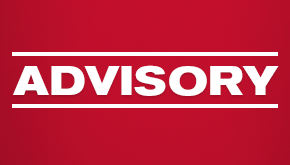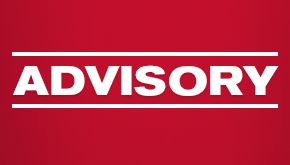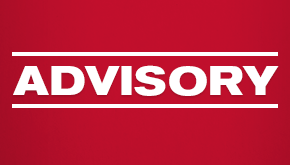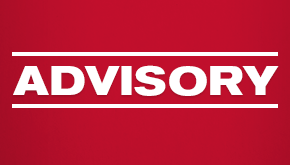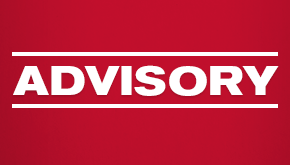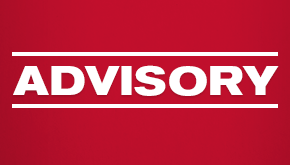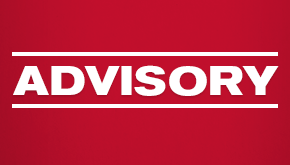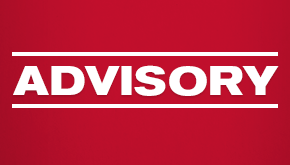Missouri Legislature Considers Partial Ban on Noncompetes
Missouri’s House of Representatives is currently considering a bill that, if enacted in its current form, would curtail Missouri employers’ ability to enter covenants not to compete with employees in Missouri. Packaged with incentives in HCS HB 1202 (a.k.a. the Right-to-Start Act) that are designed to encourage the founding of startup businesses in Missouri, the proposed language regarding noncompetition agreements currently provides the following:
Notwithstanding any provision of section 431.202 or any other provision of law to the contrary, beginning the effective date of this section, a covenant not to compete created after the effective date of this section shall be void and unenforceable if an employee or prospective employee receives seventy-five thousand dollars or less in income from such employer or prospective employer.
For many decades, Missouri courts have enforced reasonable covenants not to compete. Under Missouri law, the purpose of enforcing a noncompete agreement “is to protect an employer from unfair competition by a former employee without imposing an unreasonable restraint on the latter.” Indeed, a noncompete in Missouri is only enforceable to the extent that it is reasonable and no more restrictive than is necessary to protect the legitimate interests of the employer. For additional insight, read “Non-Compete Agreements and Unfair Competition — An Updated Overview,” a long-standing, authoritative article that has been cited by both the Missouri Supreme Court and the Missouri Court of Appeals.
Notably, it is unclear as to whether the drafters of HCS HB 1202 also intend to void customer and employee nonsolicitation clauses for those who are paid less than $75,000. Missouri employers routinely use such clauses to prevent departing employees from soliciting away customers and co-workers. The Missouri Supreme Court has previously declared that “[t]he term ‘non-compete agreement’ refers to all restrictive covenants entered into between the employer and employees that restrict post-employment activities of the employees, including non-competition and non-solicitation clauses.” Whelan Sec. Co. v. Kennebrew, 379 S.W.3d 835, 841 n.2 (Mo. 2012). The proposed bill defines “covenant not to compete” to include agreements “in which an employee or prospective employee agrees not to compete against an employer or prospective employer or agrees not to accept any positions with a competitor of an employer or prospective employer following the termination of a business or employment relationship between the employee or prospective employee and the employer or prospective employer.”
Moreover, as noted, the proposed new law would only void covenants not to compete if the employee “receives $75,000 or less in income” from the employer. It is unclear if the drafters intend that to apply to all employees making $75,000 or less per year, or $75,000 in the aggregate during their employment.
It bears noting that the original version of the bill provided that all employer-employee noncompetes in Missouri would be void, without regard to the compensation received by the employee and without regard to when the noncompete was entered into. That has now changed so that, if passed into law, the new statute would apply only to newly entered agreements and only with respect to a certain compensation level.
HCS HB 1202 has gathered steam over the past two months, receiving “do pass” votes out of the House Economic Development Committee and out of the House Rules Committee (with the latter committee vote being unanimous) in March 2021, and was ultimately perfected with amendments on April 28, 2021. While there are currently only two weeks left in the legislative session, the substance of HCS HB 1202 can be added to other legislation that is further along in the process; specifically, a bill in the House or Senate that has already passed its chamber of origin.
Armstrong Teasdale and AT Government Strategies will continue to monitor closely developments relating to HCS HB 1202. For more information, contact any of the authors of this advisory or your regular AT or ATGS contact.


